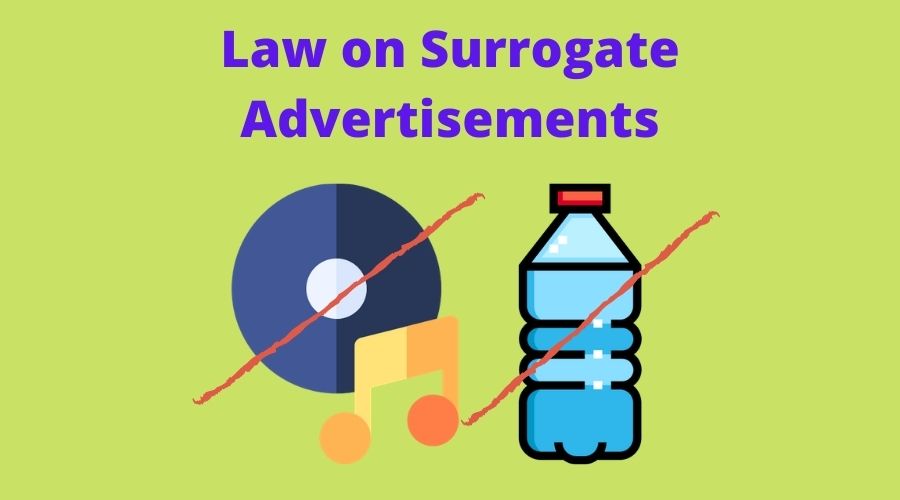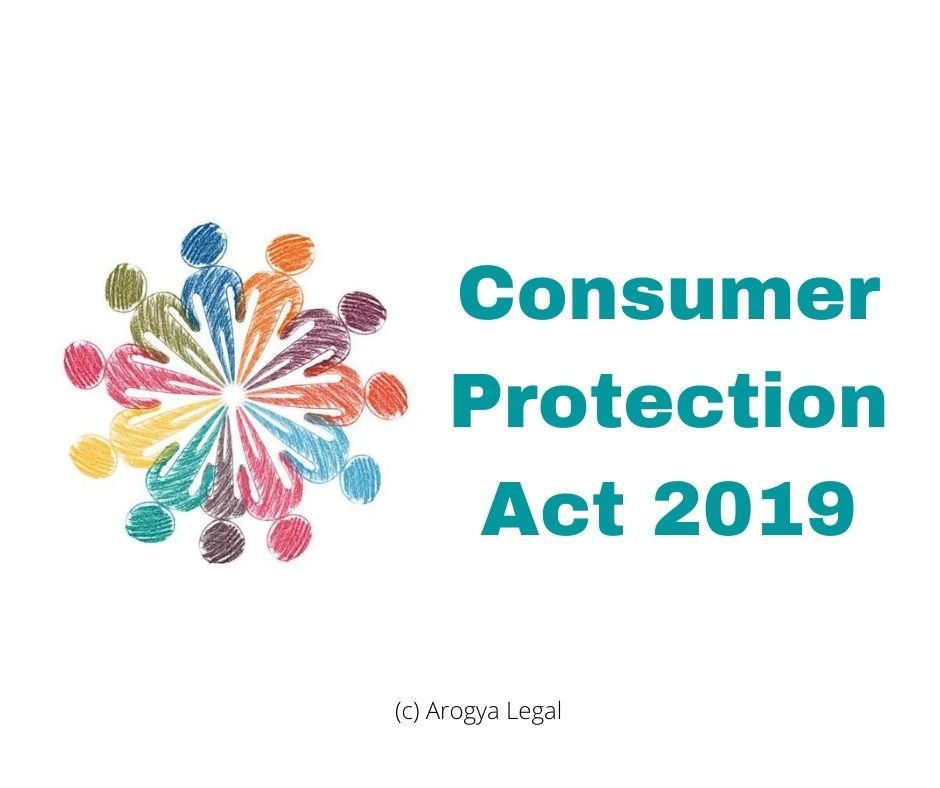India’s Ministry of Information & Broadcasting (MIB) recently put out an advisory for private satellite TV channels to ensure that liquor, tobacco and other intoxicants are not advertised directly or indirectly on their channels in violation of existing law, i.e. the Cable Television Network Rules, 1995 (CTNR). Under CTNR, satellite TV channels are prohibited from carrying out an advertisement that directly or indirectly promotes sale or consumption of liquor, wine, cigarettes and tobacco products.
However, advertisement of brand extensions of liquor and tobacco products is permitted under CTNR, provided the product sold under the brand extension does not make direct or indirect references to the prohibited product, it is distributed in reasonable quantity and is available in a substantial number of outlets, and the proposed expenditure on the advertisement of the brand extension product is not disproportionate to the actual sales turn-over of that product.
The enforcement of the provisions of CTNR has been indirectly delegated to a self-regulated industry body called Advertisement Standards Council of India (ASCI) by way of an amendment to CTNR that prohibits TV channels from running any advertisement that violates ASCI’s Code of Self-Regulation in Advertising (ASCI Code). The ASCI Code has a section titled “Guidelines for Qualification of Brand Extension Product or Service”, which as the name suggests, sets out the standards for what would pass as a brand extension and what would not.
As per the ASCI Code, for an advertisement to qualify as a genuine brand extension advertisement (i.e., by implication, not a surrogate advertisement), the in-store availability of the product sold under the brand extension must be at least 10% of the leading brand in the product category OR sales turn-over of the product must exceed INR 5 Crore (50 million) annually or INR 1 Crore (10 million) in the state where the product is distributed. This is a fairly high threshold by Indian standards and many leading brands, including those that put out Music CDs, have been unable to achieve them.
Consequently, some advertisers of liquor and tobacco products have turned to the internet as a media to advertise brand extensions. This is primarily because the CTNR does not apply to advertisements over the internet, there are no clear guidelines for content regulation over the internet, and until very recently, ASCI did not actively track advertisements over the internet.
This is set to change soon. Under the newly notified Consumer Protection Act, 2019 (CPA), the Central Consumer Protection Authority (CCPA) has the power to investigate manufacturers and services providers for misleading advertisement and impose a penalty up to INR 10 lakh (1 million) for the first violation and up to 50 lakh (5 million) for a subsequent violation. The scope of advertisement coved by CPA extends to advertisements over the internet, including in the electronic media, and therefore would cover misleading advertisements made over the internet or electronic media. The CCPA has recently published a draft of Central Consumer Protection Authority (Prevention of Misleading Advertisements and Necessary Due Diligence for Endorsement of Advertisements) Guidelines, 2020 (Draft Guidelines) to discuss what it would consider to be a misleading advertisement. Surrogate advertisements are deemed to be misleading advertisement under the Draft Guidelines, and therefore will be prohibited once the Draft Guidelines are finalized.
The Draft Guidelines do make an exception for brand extension. An advertisement of brand extension will be permitted only if “the advertisement is produced and distributed in reasonable quantities, having regard to the scale of the advertising in question, the media used, and the markets targeted”. In absence of any specification on what would constitute “reasonable quantity”, it is quite likely that CCPA may refer to the ASCI Code to determine what is “reasonable” for the industry, after all, ASCI is a self-regulatory body of the industry. In the event that happens, the high current thresholds for ‘genuineness’ of brand extension advertisement under ASCI Code will be extended for determination of “misleading advertisement” under Consumer Protection Act, 2019, and that may make advertisement of brand extensions more difficult in India than it already is.




